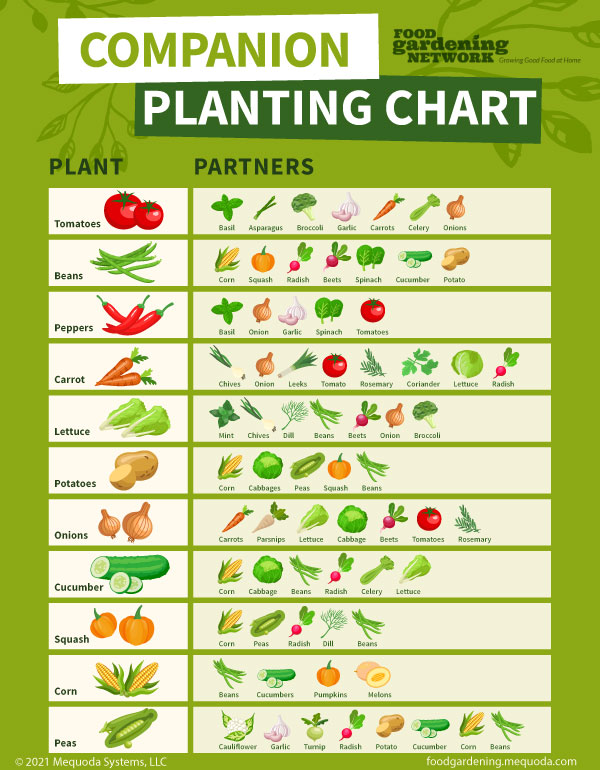Best Plants for Natural Pest Control in Gardens

Imagine a garden where vibrant flowers bloom, lush greenery thrives, and the air is filled with the sweet scent of nature. Now, imagine that same garden free from the ravages of pests, all thanks to the power of plants. Yes, you heard it right! Some plants are natural superheroes, armed with the ability to repel pests and protect your garden. So, let's dive into the fascinating world of organic pest control and discover the best plants for natural pest control in gardens.
The Power of Companion Plants
Companion planting is like creating a well-balanced team, where each player brings unique skills to the field. In this case, the field is your garden, and the players are the plants. Some plants possess extraordinary pest repellent properties, making them invaluable in organic pest control.
Marigolds: The Golden Guardians
Marigolds are not just pretty faces; they pack a powerful punch against pests. Their roots contain a substance called thiopene, which helps to repel nematodes (microscopic worms) that can wreak havoc on your garden. Plant marigolds near tomatoes, potatoes, and roses to harness their protective powers.
Mint: The Refreshing Repellent
Mint is a fantastic natural insecticide, particularly effective against ants, rodents, and some flying insects. The strong aroma of mint masks the scent of other plants, making it difficult for pests to locate their targets. Plant mint in pots around your garden to keep pests at bay.
Chives and Garlic: The Pungent Protectors
Members of the allium family, chives and garlic contain strong-smelling compounds that act as a potent pest repellent. These plants can help to deter aphids, mites, and even rabbits. Plant them near roses, lettuce, and fruit trees for optimal garden care.
The Art of Interplanting
Interplanting is like creating a living patchwork quilt, where each piece complements and enhances the others. By strategically placing pest repellent plants among your other garden inhabitants, you can create a harmonious ecosystem that resists pests naturally.
Nasturtiums: The Edible Warriors
Nasturtiums are a true garden multitasker. Not only do they add a pop of color to your garden, but they also act as a natural insecticide. These edible flowers attract aphids away from other plants and release a substance into the soil that repels whiteflies and other pests. Plant nasturtiums near cucumbers, tomatoes, and cabbage for a beautiful and functional garden display.
Lavender: The Fragrant Fortress
Lavender is beloved by humans for its soothing scent, but many pests find it repugnant. The fragrant oils in lavender act as a natural pest repellent, deterring moths, flies, and even some animals. Plant lavender near your vegetable garden or along pathways to enjoy its beauty and protective benefits.
Basil: The Herbal Hero
Basil is not just a delicious addition to your kitchen; it's also a powerful ally in the garden. This aromatic herb acts as a natural insecticide, repelling flies, mosquitoes, and some beetles. Plant basil near tomatoes to improve their flavor and protect them from pests.

Creating a Balanced Ecosystem
A well-balanced garden ecosystem is like a symphony, where each instrument plays a vital role in creating a harmonious melody. By incorporating a variety of plants, you can create a garden that is not only beautiful but also resilient against pests.
Attracting Beneficial Insects
Some plants act as magnets for beneficial insects, which can help to control pest populations naturally. For example, dill and fennel attract ladybugs, which feed on aphids and other soft-bodied pests. Similarly, yarrow and sweet alyssum attract predatory wasps and hoverflies, which also help to keep pests in check.
The Role of Native Plants
Native plants have evolved alongside local insects and wildlife, making them an essential component of a balanced garden ecosystem. By incorporating native plants into your garden, you can support local biodiversity and create a more resilient and self-sustaining landscape.
Embracing the Power of Nature
In the quest for organic pest control, we often look to complex solutions. However, sometimes the answer is right under our noses, growing quietly in the garden. By harnessing the power of plants, we can create a natural, sustainable, and beautiful way to protect our gardens from pests.
Conclusion
The best plants for natural pest control in gardens are not just beautiful; they are powerful allies in the quest for organic pest control. From the golden guardians of marigolds to the fragrant fortress of lavender, these plants offer a myriad of benefits that can transform your garden into a thriving, pest-resistant oasis. So, why not embrace the power of nature and let these remarkable plants do what they do best? Your garden will thank you for it.
FAQs
What are some common pests that these plants can repel? These plants can repel a wide range of pests, including aphids, nematodes, whiteflies, ants, rodents, and some beetles.
Can I use these plants in conjunction with other pest control methods? Yes, these plants can be used alongside other organic pest control methods for a comprehensive approach to garden care.
Are there any plants that should not be used together? While most plants can coexist harmoniously, some may have allelopathic effects on others. Researching specific plant combinations is always a good idea.
How do I know which plants are native to my area? You can consult local nurseries, gardening clubs, or online resources specific to your region to identify native plants.
Can these plants be grown in pots if I have limited garden space? Absolutely! Many of these plants, such as mint and lavender, thrive in pots and can be strategically placed around your garden or patio for effective pest control.
0 Response to "Best Plants for Natural Pest Control in Gardens"
Post a Comment